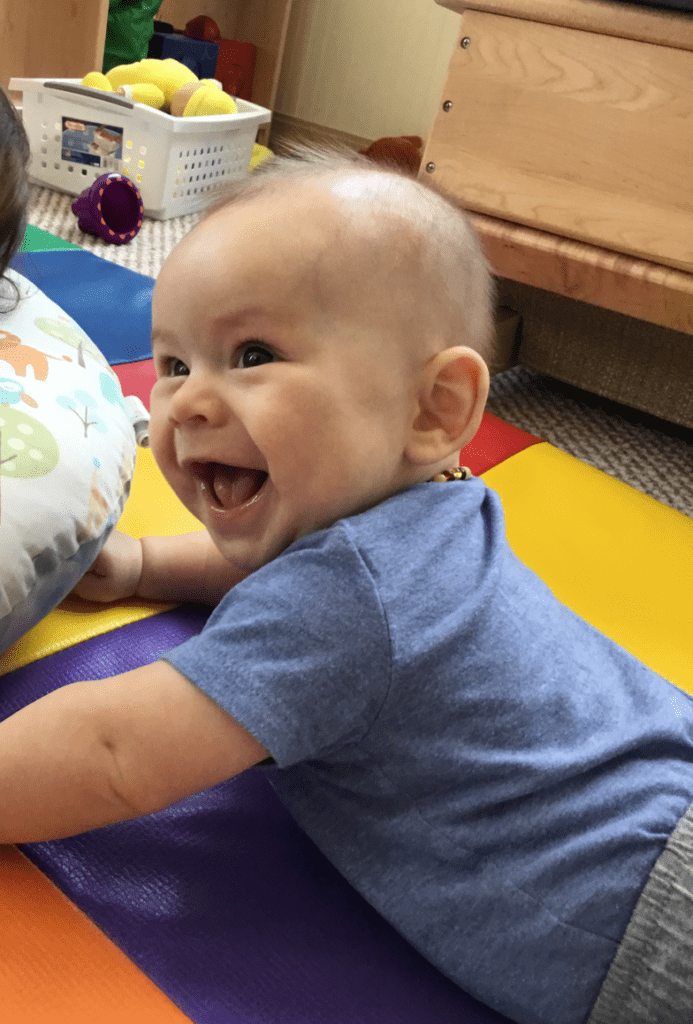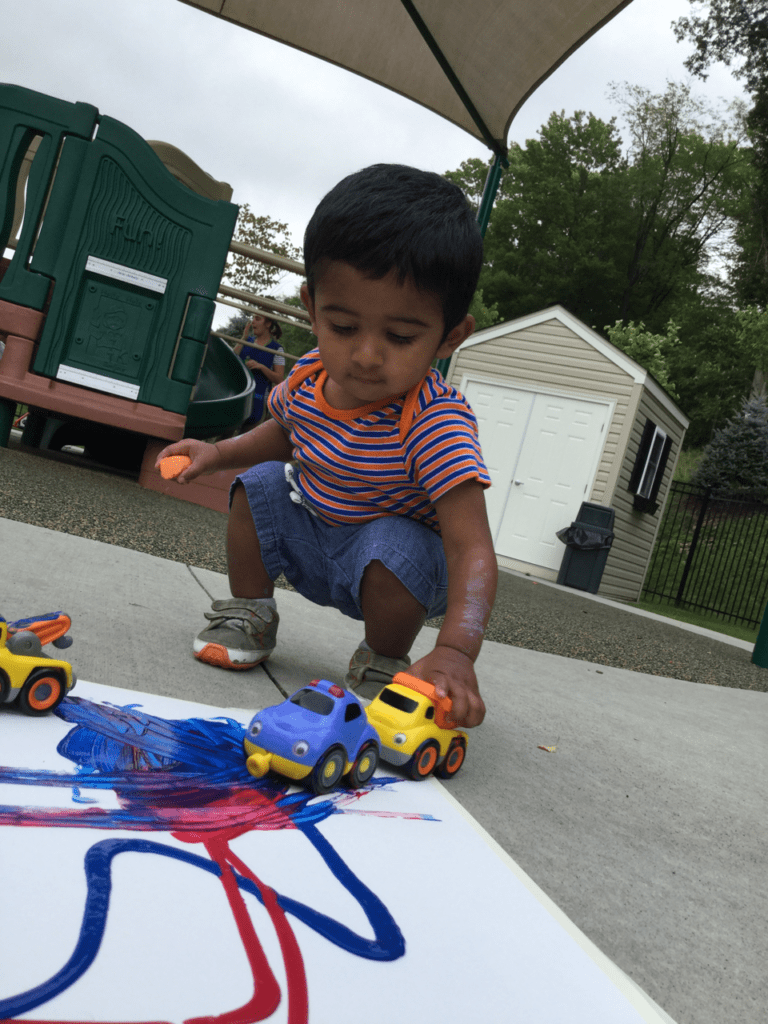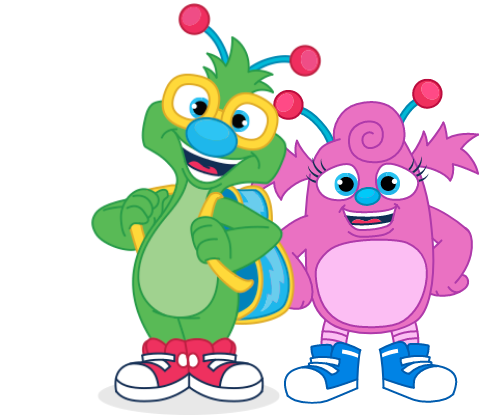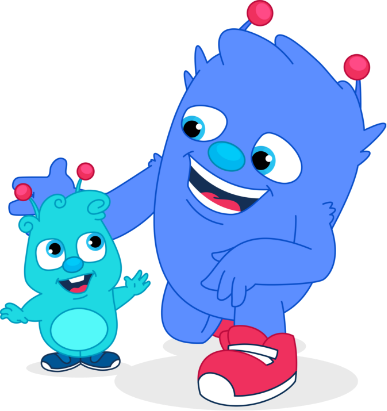October 5, 2018
The Gift of Routine
Contributed by Jennifer Horner, Director of Education Development

Children are born into a world which they have never known. One of their first securities is a parent’s voice and warm arms. They start to notice routines around them, which they’ve also been noticing in utero; the way the world transforms from day to night, the rhythm of voices and quiet, and the cadence of bottles and diaper changes.
As they make sense of the world, they find confidence in the signals that help them know what will happen next.
Establishing and maintaining a consistent (yet flexible) routine gives children the sense of security they need to build confidence, exercise creativity, and thrive in their environments as infants, toddlers, preschoolers, and beyond! Achieving this comfort level opens the door to exciting collaborative learning endeavors in which children are active participants. In fact, we prefer they lead the way!
Did you know that consistent schedules, routines, transitions, and expectations help children handle change better, too? Whether it’s a slight change in outdoor play time or bigger change such as a family trip, children can better adapt based on the context of the familiar routine. A predictable routine allows children to feel safe, and to develop a sense of mastery in handling their lives.
Having this security enables children to take initiative over self-help skills, negotiate with peers, and handle unforeseen circumstances such as a best friend moving away. This predictability sets the stage for children to constructively control themselves and their environments.

Dr. Laura Markham identifies key benefits of using routines:
- Routines eliminate power struggles because children thrive on knowing what’s going to happen next and love the independence of leading the way through a routine. Whether it’s washing hands, heading down the hallway to go outside, or winding down from nap, establish the routine through transition warnings and transition signals and let it lead the way.
- Routines help children cooperate by reducing stress and anxiety for everyone. We all know what comes next; we get fair warning for transitions, and no one feels pushed around.
- Routines help children learn to take charge of their own activities. Over time, children learn to independently wash their hands, manage materials at centers, etc., without constant reminders. They love being in charge of themselves. This feeling increases their sense of mastery and competence. Children who feel more independent and in charge of themselves have less need to rebel.
- Children learn the concept of “looking forward” to things they enjoy, which is an important part of making a happy accommodation with the demands of a schedule. He may want to go to the playground now, but he can learn that we always go to the playground in the afternoon, and he can look forward to it then.
- Routines help parents and teachers build in those precious connection moments. We all know we need to connect with our children every day, but when our focus is on moving them through the schedule to get them to nap or bedtime, we miss out on opportunities to connect. If we build little connection rituals into our routine, they become habit. Try to snuggle children when you first see them in the morning or another “recognition” ritual when you’re first reunited: “I see you with those beautiful gray eyes that I love so much!” Rituals like these slow you down and connect you on a visceral level with each child, and if you do this as just “part of the routine” they build security as well as connection and cooperation.
Inspiring Source:
7 Benefits of Using Routines: http://www.ahaparenting.com/parenting-tools/family-life/structure-routines
Additional resources for establishing routine:

 1.866.668.5111
1.866.668.5111  6:30 am - 6:00 pm
6:30 am - 6:00 pm 
 Give a Happy High Five!
Give a Happy High Five!


